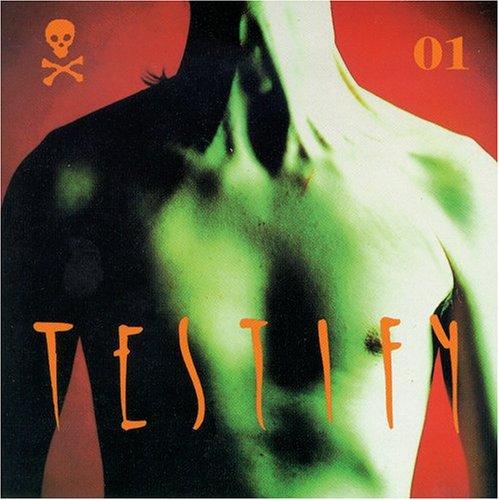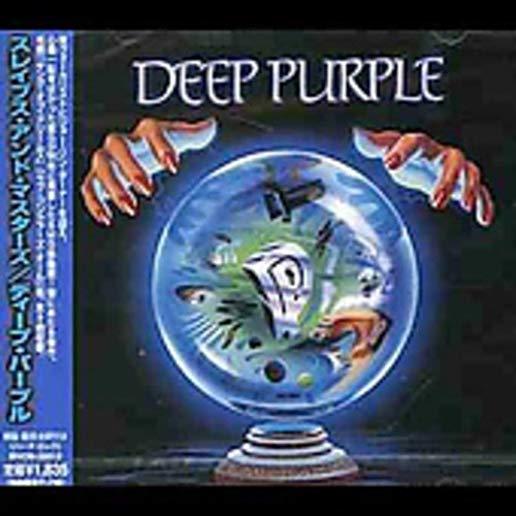
Arming Americans to defend the truth from today's war on facts
Disinformation. Trolling. Conspiracies. Social media pile-ons. Campus intolerance. On the surface, these recent additions to our daily vocabulary appear to have little in common. But together, they are driving an epistemic crisis: a multi-front challenge to America's ability to distinguish fact from fiction and elevate truth above falsehood.
In this pathbreaking book, Jonathan Rauch reaches back to the parallel eighteenth-century developments of liberal democracy and science to explain what he calls the "Constitution of Knowledge"--our social system for turning disagreement into truth.
member goods
listens & views

STRICTLY INSTRUMENTAL 3 / VARIOUS
by STRICTLY INSTRUMENTAL 3 / VARIOUS
COMPACT DISCout of stock
$21.99






